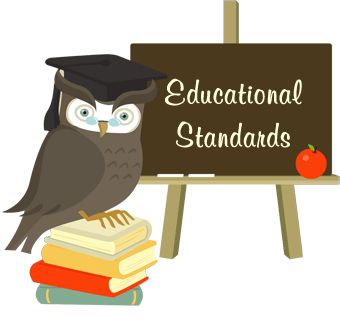It's Summer time! Why am I already thinking about the next school year and this one is barely over? Why? I tell you why, because that is what teachers do. I don't know about everyone else but after field day I started thinking about the new year.
A new year, a new set of kids, a new set of personalities, a new set of learning styles, and it never fails a new curriculum.
How do I start planning for the new year? I make list, lots of list.
Things I want to buy
Things I want to do
Things I need to redo
Things I need to update
Things I want to read
Things I need to create
I always start with my easiest: Books of course what else would it be.
I began to list the books I want to read and the lessons I want to use them for next year. So I look for books that fit these categories:
1. Procedural
2. Management
3. Behavior
4. Content
BOOKS< BOOKS< BOOKS AND MORE BOOKS
 Here is list of books that I choose from and read each year, I try to read one during morning meetings, and especially the first 3 weeks of school as I try to set up rules and expectations for the year. I read some during read aloud and teach skills and strategies from as well.
Here is list of books that I choose from and read each year, I try to read one during morning meetings, and especially the first 3 weeks of school as I try to set up rules and expectations for the year. I read some during read aloud and teach skills and strategies from as well.The Recess Queen: - Expectations for recess and Bullying
Molly Sue Melon- Expectations for recess and Bullying
Mrs. Nelson is Missing- Behavioral expectations
First Day Jitters- building a community
Mrs. Malarkey Leaves No Reader Behind- Reading workshop/book choices
Hooray for Reading- Building love of Reading
The Library Card- to introduce my library
The Librarian of Bazra- How to take care of books
The Best Story Ever- Writing workshop choosing a topic
The Memory String- Personal Narrative - object/thing
The Relatives came- Personal Narrative- Place and or person
Thank you Mr. Faulkner- Personal Narrative Person
A set of Amelia's Journals by ( Marissa Moss)- to model using journals:
The Girl Who Never Makes Mistakes- Growth Mindset
Everybody Makes Mistakes - Growth Mindset
The Most Magnificent Thing- hard work and persistence
Your Fantastic Elastic Brain- training your briain
The Day the Crayons Quit- Growth vs fixed mindset
No Means No- teaching boundaries
Fill my Bucket-
What if Everybody did that?
Nonstop Talker
My Mouth is a Volcano
Multitasking is a teachers job, right?
So, I usually write lesson plans around the read aloud that not only address one of the four areas above but also I model Reading skills/strategies with them as well. Such as:
Predicting
Summarizing
Inferring
Synthesizing
Asking questions
Making Connections
Visualizing
I also show students how I track my understanding using sticky notes, and journals
Yes this is the easy part for me. The second major area I work on is using the previous years data to understand what my students are bringing to fourth grade with them.
I grab a spiral and write the students name, reading levels, test scores and placement card information. I group them by Reading Level so I can start planning small group instruction with the intention of changing these groups once we do our formal testing in the new school year.
I use the test scores to determine the category that we scored the lowest in and then pull the Teks to see what is covered in that category. This will allow me to do some preplanning to make sure that these areas are addressed and practiced through out the yea. As well as, determine activities that will push the students to the next level that scored on level or exceeded expectations.
The third big thing I work on during the Summer is spending a lot of time reviewing the Teks for the Subject areas and comparing them against the units of study that are ready and that have been stamped as approved for the new school year. I want to make sure the lessons cover what will be tested. I think about resources and activities that will help at the beginning of the year.
The last thing I do during the Summer is read professional books to continue to learn and grow as a teacher.
I collaborate with other educators, attend free on-line seminars and webinars and constantly revise and edit my multiple list all the way up to day one of the new year.
What do I do during my Summer?
I plan, read, revise, edit and repeat.
If your looking for more tips, resources and ideas check out my Social media pages:
www.facebook.com/rhonda.educates.5
www.Instagram.com/mrseduc8te
If your looking for some great products that are easy to implement that will help in monitoring student understanding of text check out my store:
www.teacherspayteachers.com/store/Ready-Readers



